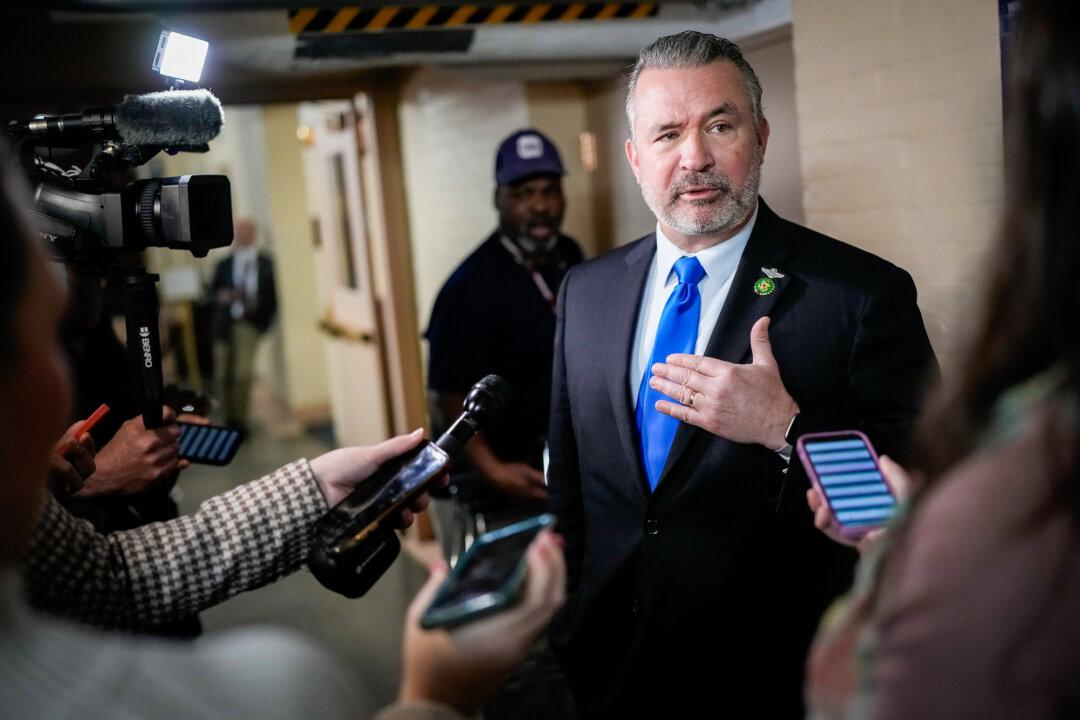Rep. Don Bacon (R-Neb.) will introduce legislation in the lower chamber that would increase Congress’s authority over tariff policy in response to President Donald Trump’s recent imposition of substantial new import duties.
The legislation—already introduced in the upper chamber by Sens. Maria Cantwell (D-Wash.) and Chuck Grassley (R-Iowa) on April 3—would require the administration to inform Congress of the potential impact of any tariffs and dictate that those not approved by Congress within 60 days be withdrawn. It would empower Congress to pass disapproval resolutions overturning executive tariffs.





